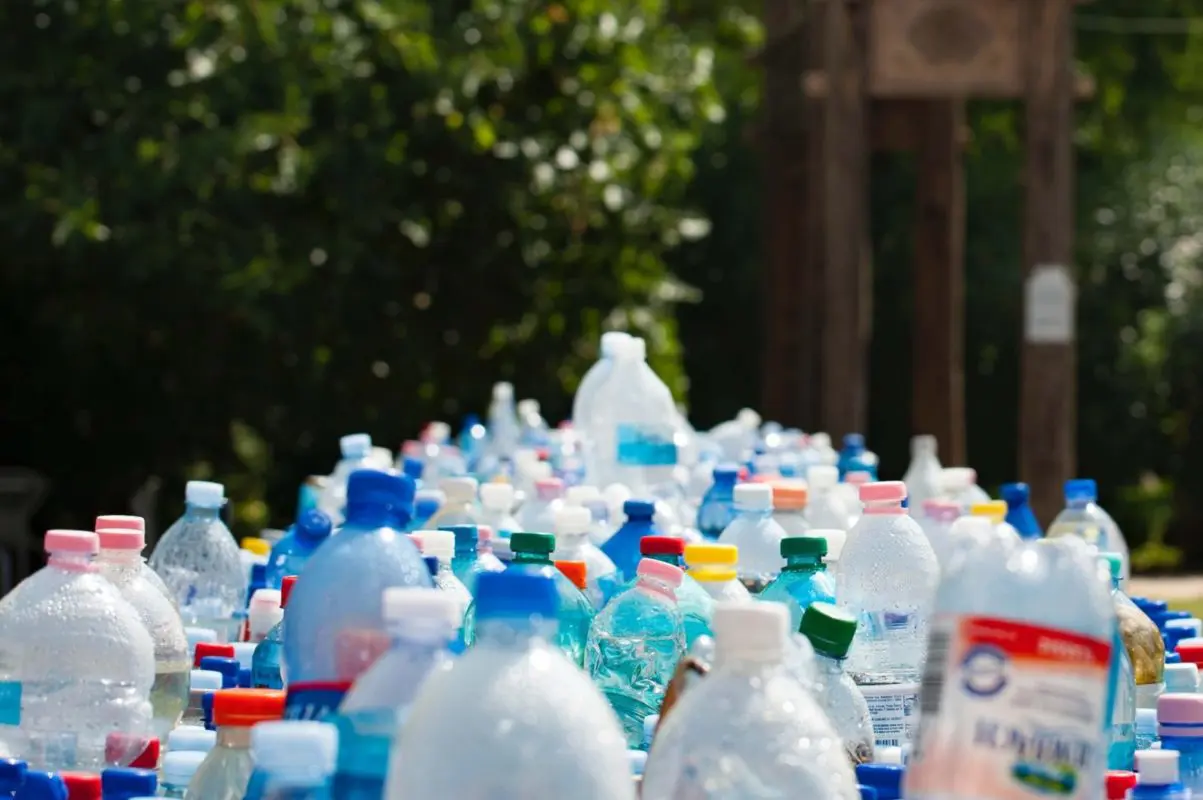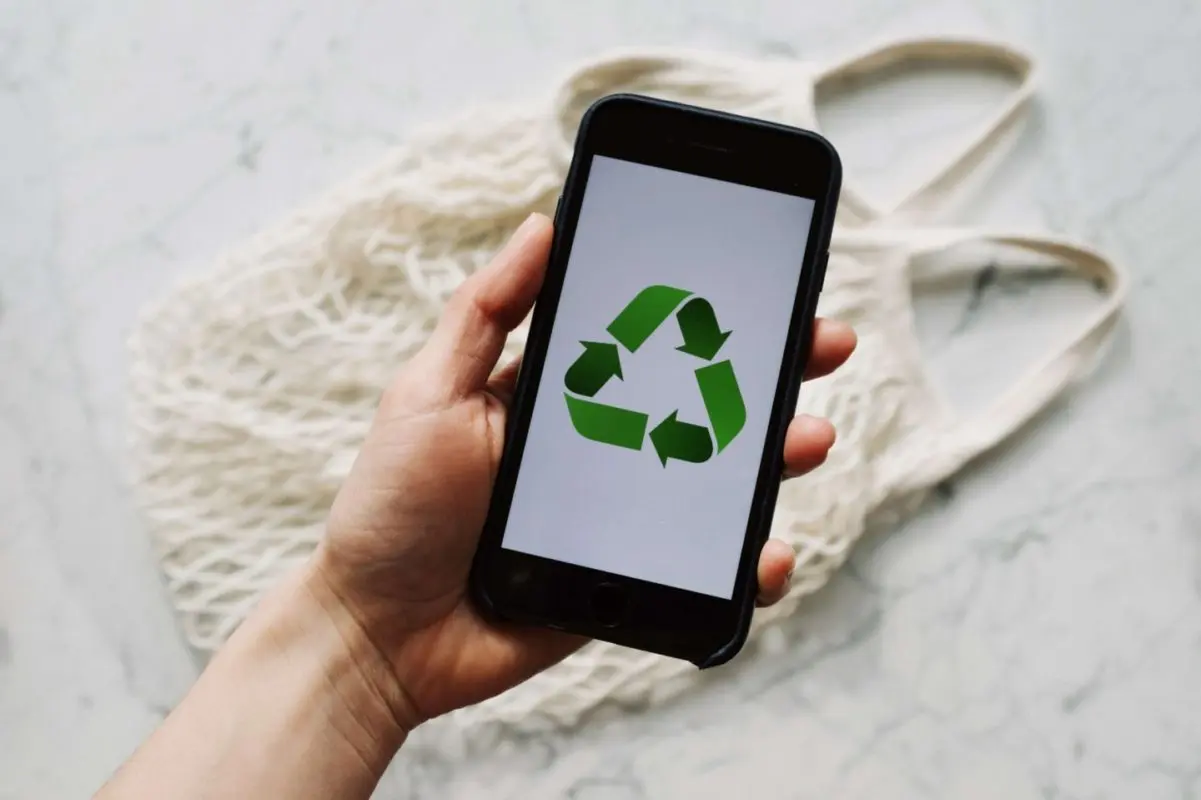Blog, Carbon Footprint, Carbon Mitigation, Carbon Offsetting, Food, Knowledge Article, Sustainability, Waste
Sustainability Tips
Circular Ecology has compiled a list of short and long-term goals for you to adopt, which will increase your sustainability, decrease your carbon footprint, and help to tackle climate change.
Food and Drink
- Reduce the number of plastic-wrapped items bought in supermarkets. Loose fruits and vegetables, and ‘wonky’ produce have less packaging, and are often cheaper food options.
- Plastic straws are almost obsolete in the UK, and there has been a surge in interest for bamboo, metal, and other reusable straws. Similarly, it is a great idea to pack reusable cutlery with you if you’re out of the house in order to reduce plastic waste.
- Reusable silicone mats are suitable for cooking and baking and cut down on waste from disposable baking paper. Similarly, reusable silicone or bees wax covers are available to seal open foods or containers, as an alternative to clingfilm.
- Loose-leaf tea can reduce your reliance on fossil fuels, as tea bags often contain plastic, which is made using oil. Bags can take hundreds of years to degrade on landfill sites, and so loose-leaf is a more sustainable option.
- Reduce your meat and dairy consumption. Numerous studies have found that shifting your diet to a more plant-based one will significantly reduce your environmental impact in terms of carbon, methane, water, land-use, and other indicators, helping towards a more sustainable lifestyle.
Personal Items
- High-quality metal razors can be used as a long-term replacement to disposable plastic ones for personal care. Metal blades are more easily disposed of and can be recycled, whereas plastic razors have multiple parts which are difficult and dangerous to deconstruct, causing them to be disposed of unsustainably.
- Reusable sanitary products such as menstrual cups, reusable towels, or ‘period pants’ reduce the amount of waste produced by menstruation, making it more sustainable, and saving hundreds of pounds over a person’s lifetime.
- Second-hand clothing can be purchased from online shops such as Depop or eBay, and thrift or charity shops are a cheaper and more environmentally friendly option to traditional ‘fast fashion’ shops and websites. The sustainability and longevity of the item will be increased, and clothing waste to landfill will be minimised.
Waste
- Most supermarkets in the UK charge for plastic bags, and often they have reusable options for sale. Keep bags in pockets or your car to ensure you don’t have to buy a new one. This will limit waste and reduce your reliance on oil, which is used to make plastic bags.
- Reusable travel mugs, water bottles, and backpacks, and Tupperware will reduce the number of disposable items you use, and ultimately, the number going to landfill.
- Use items you already have preferably (E.g icecream tubs or jam jars for packed lunches) before you purchase new ones, but high-quality items will last longer and save money and emissions in the long term.
- Bank statements and bills can often be changed to ‘quarterly’ or ‘online only’ to reduce paper waste delivered to your home.
- Food waste-reduction apps such as Olio and TooGoodToGo allow users to get full meals from restaurants or supermarkets for low prices or for free, reducing food waste to landfill and saving money.
- These organisations have also increased their safety policies due to COVID.
- Composting food waste is an easy way to reduce household waste, and landfill emissions, and can be used to make a nutrient addition for personal or communal gardens.
Technology
- Using a personal carbon footprint calculator such as The WWF carbon footprint calculator will help you to understand your carbon footprint and which of your lifestyle choices are the most-or least-sustainable.
- Sustainable search engines such as Ecosia are free to use and plant trees for each search you make.
Energy and Home
As we are spending more time at home, keeping warm and comfortable whilst saving money is more important than ever before.
- Switching to a renewable energy provider for your home heating and electricity. This will reduce fossil fuel emissions.
- Assess the insulation of your home. Double or triple glazing windows can prevent heat loss from your home, keeping it warmer for longer. Check the seals on your windows and doors. Draught excluders (unsurprisingly) prevent a great deal of cold air entering the house, and are a reliable and lower-cost option.
- Water butts can be connected to drainage systems in gardens, or containers can simply be left outside as a way to collect water without investing in additional infrastructure. The water can be used to water plants without increasing your water footprint or water bill.
- Solar panels can be installed where possible and if economically viable. These can be used to provide electricity and heat water for your home, while decreasing your reliance on fossil fuels.
Travel and Commuting
Although a lot of us are now working from home, it is still important to know that active travel is the least emitting of all forms of transportation, and is a great option for short trips. If you can, it would be a healthy and sustainable idea to walk to the shops. You could even take the bus on your return journey if the shopping is heavy- and you will still have reduced the potential emissions associated with your journey.
Active travel also includes cycling. If you have access to a bike, it could be a healthy way to travel to and from work without emitting the high levels of emissions associated with cars or trains.
Offsetting
Reducing your carbon footprint and the amount of waste you produce is essential to mitigate climate change and increasing your sustainability. If you would like to go even further towards a circular economy, offsetting your emissions can bring you towards Net Zero Carbon.
Circular Ecology allows organisations and individuals to offset their emissions. We also offer numerous carbon offsetting options, and each project provides numerous social, environmental, and economic benefits for communities and wildlife around the world.
Please contact us if you would like to offset your emissions.




